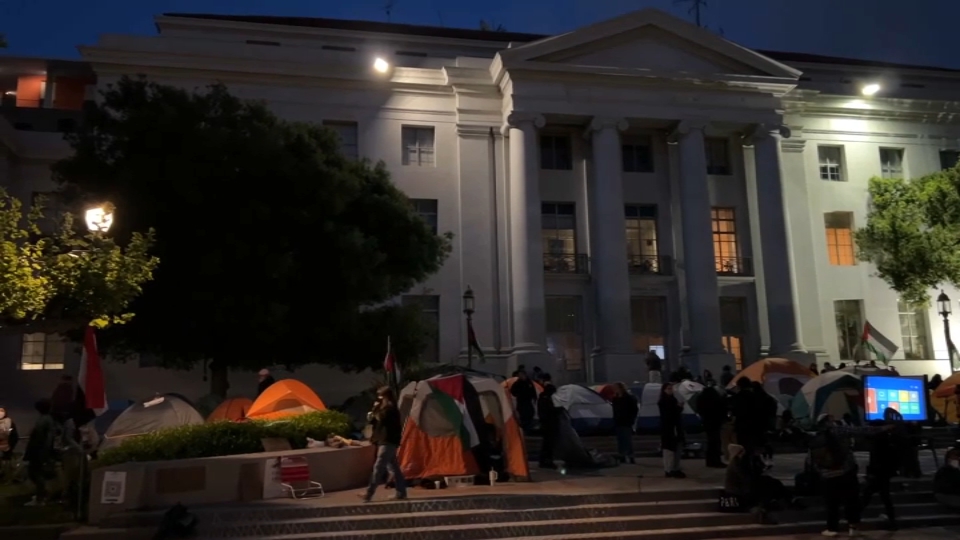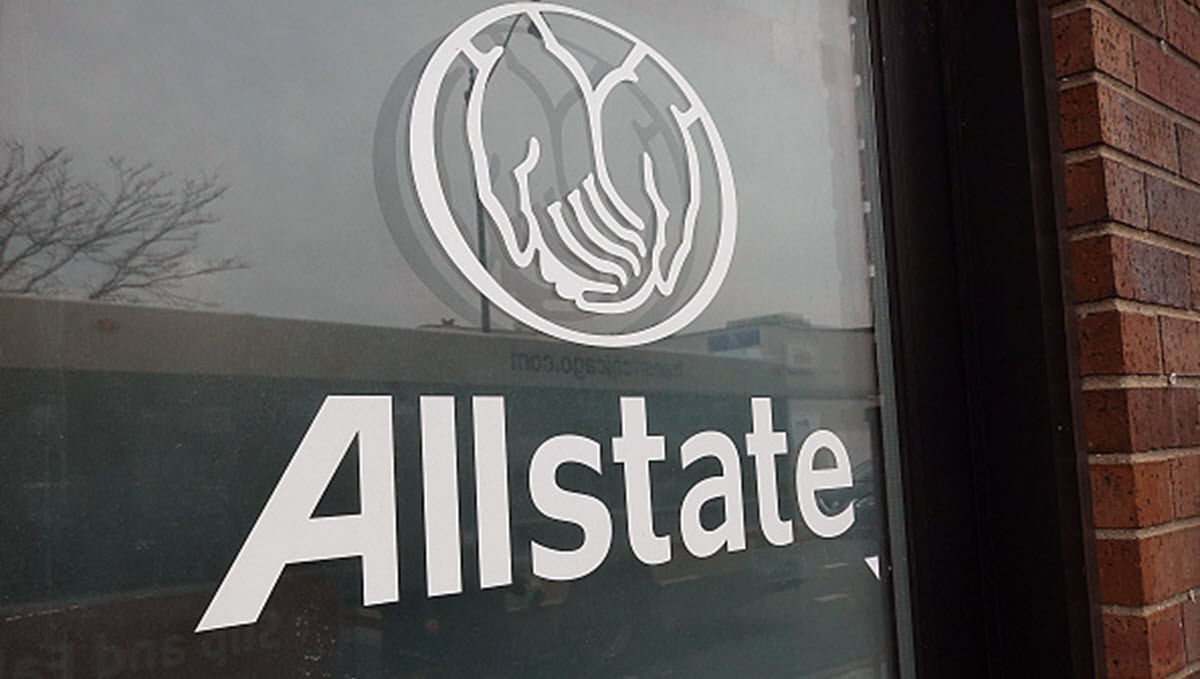Santa Clara County has opened a sobering center for individuals who are inebriated on drugs or alcohol when taken into law enforcement custody, as an alternative to booking them into jail.
The Mission Street Sobering Center took its first clients Wednesday at 5 p.m., according to Tina Sentner, the center's manager.
Campbell police and Santa Clara County Sheriff's deputies who take inebriated individuals into custody will now have the option to take them to the center. All Santa Clara County law enforcement agencies will be able to participate starting in January 2018.
"The important thing about this is we've created another safe recovery space, another safe space in general as an alternative to jail for people with substance abuse disorders who may also have mental health issues," Santa Clara County Supervisor Dave Cortese said.
The center is the first of its kind since the Sobering Station Program was shutdown due to budget cuts in 2003. It will be open 24 hours a day, seven days a week and 365 days a year.
The center will initially open with five recliners available to men. The goal is to have 20, including five for women, available once the center reaches an ability to handle that number in January 2018.
The center is located at 151 W. Mission St. in San Jose, within walking distance of the Santa Clara County Jail, the San Jose Police Department and county sheriff's headquarters. People who are brought to the center will not be processed through the jail system, but rather screened to see if they are eligible to be admitted to the center.
Local
Center manager Tina Sentner described the process through which a person would be admitted to the center during a media tour of the facility Wednesday afternoon.
The process starts with an officer contacting the sobering center to see if there is space available. If so, they will take an inebriated individual there.
Once there, individuals will be processed by a sobering center employee to see if they are fit for admittance. A county spokeswoman said that if the sobering center is at full capacity, people in custody would still need to be taken to jail.
Cortese and Director of Reentry Service Javier Aguirre tried out the chairs. Cortese said the center could serve as a wake-up call for someone who needs help.
"If someone needs a wake-up call ... this is kind of a last reprieve," Cortese said.
Sentner said individuals will be allowed to leave the facility at any time and can also be picked up by a relative if they wish.
Cortese pointed out that 49 percent of inmates in custody at any given time are diagnosed with mental illness, drug and alcohol issues and sometimes both.
"That's a big issue that we've all been trying to address and to adapt and try to become leaders in the nation in terms of how we should really handle those kind of situations," Cortese said.



